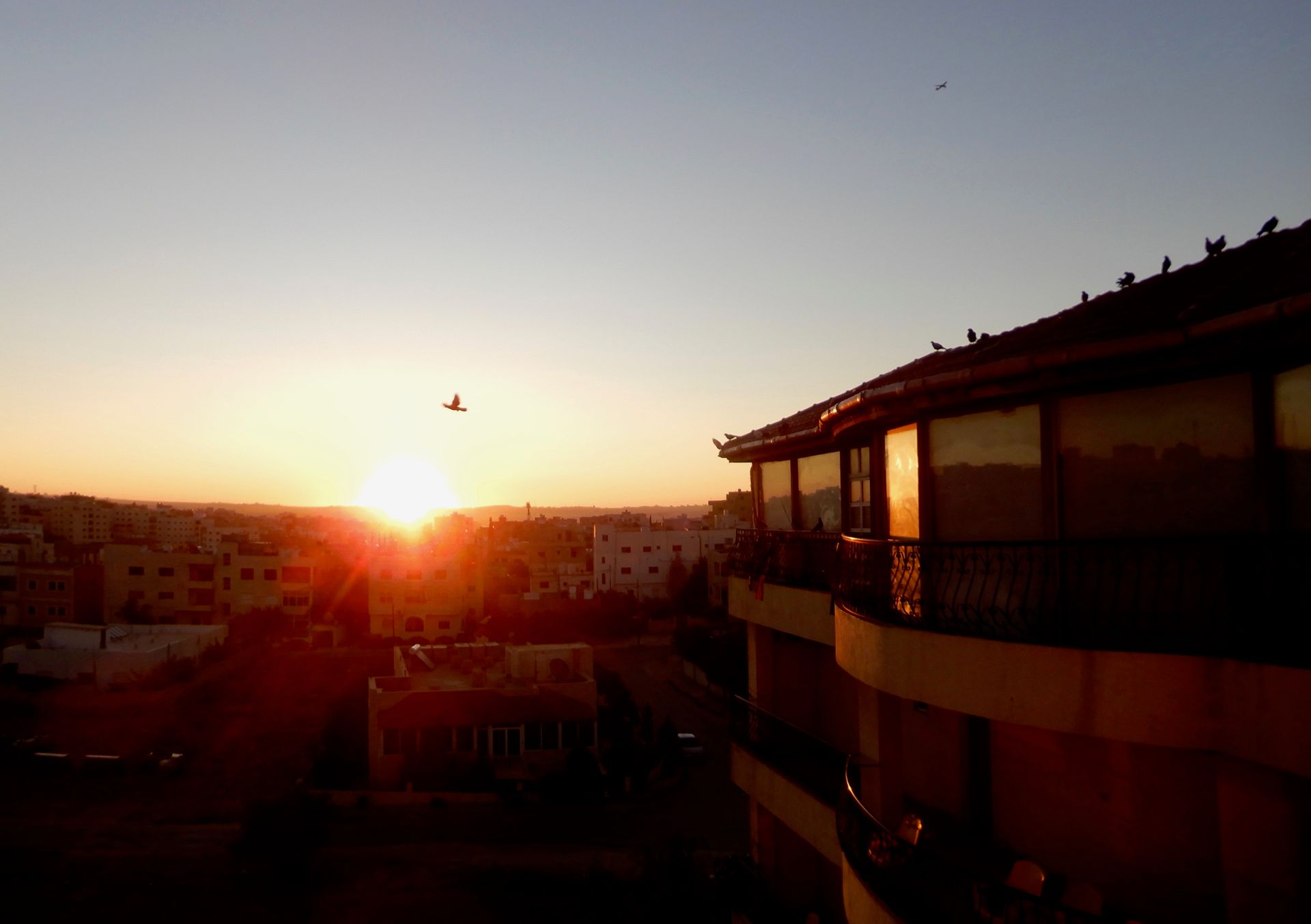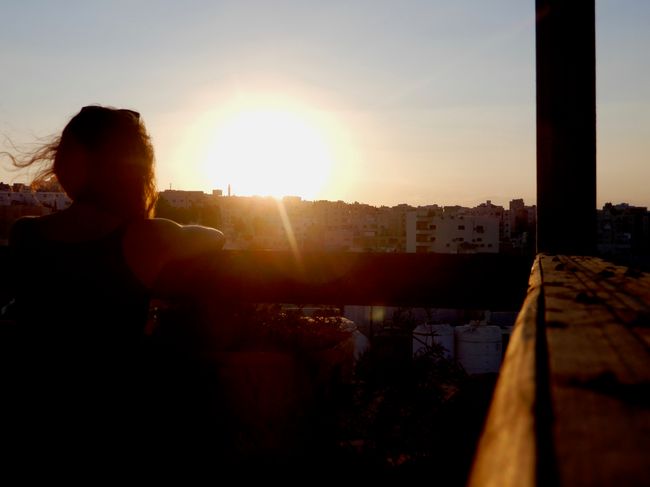Underground Amman
प्रकाशित: 16.11.2019
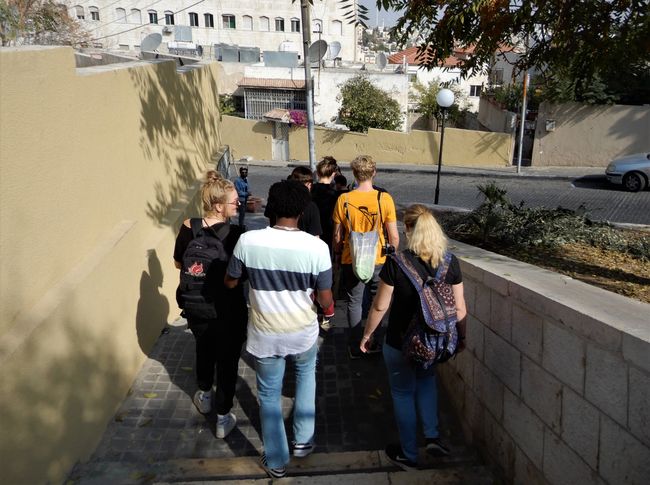
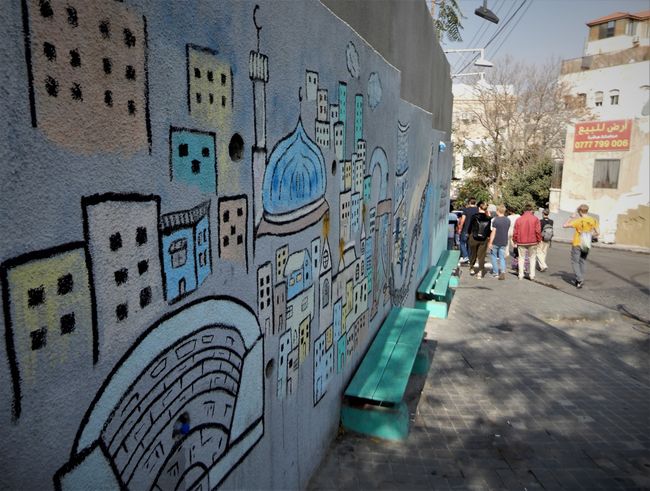
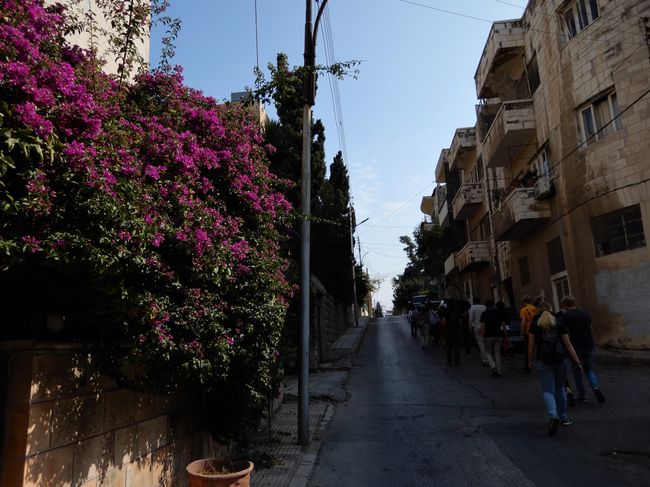
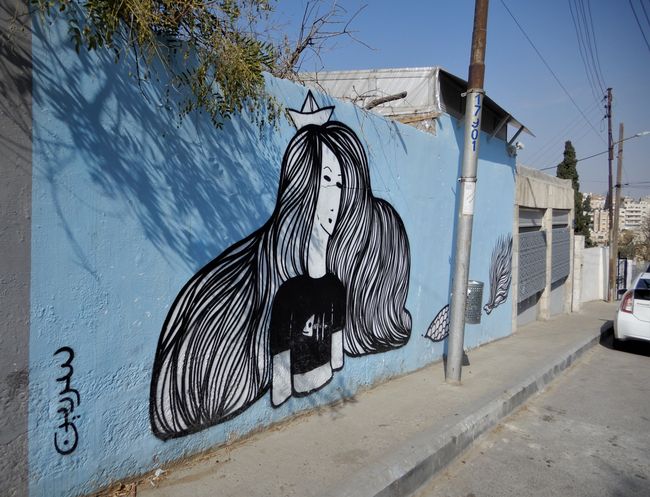
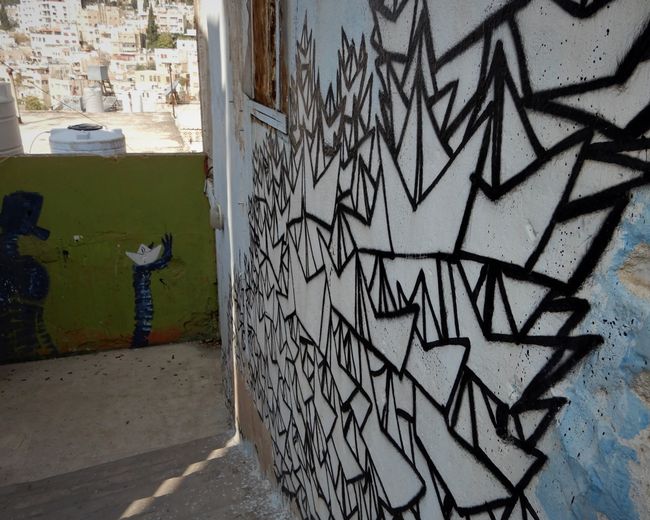
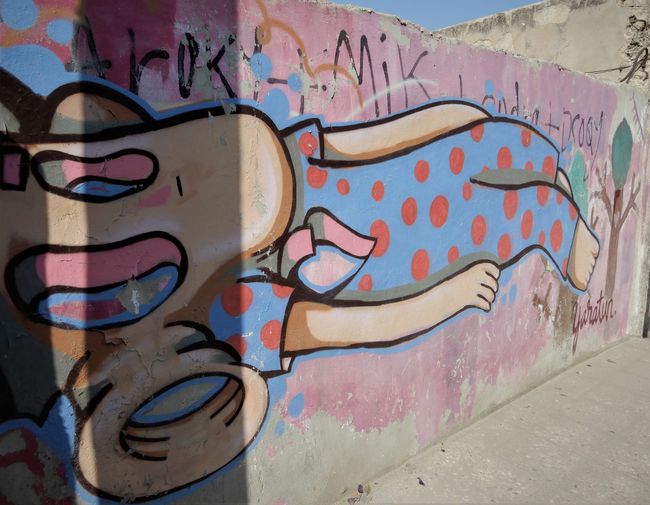
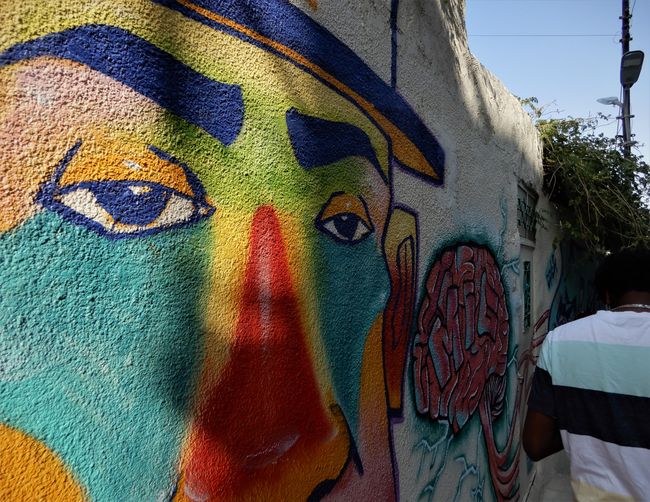
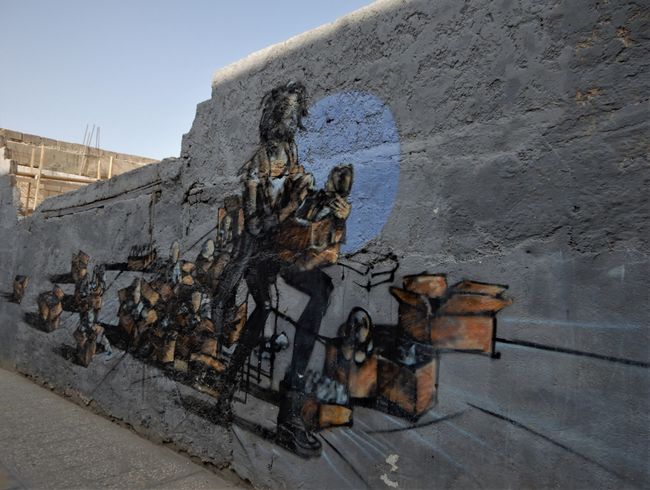
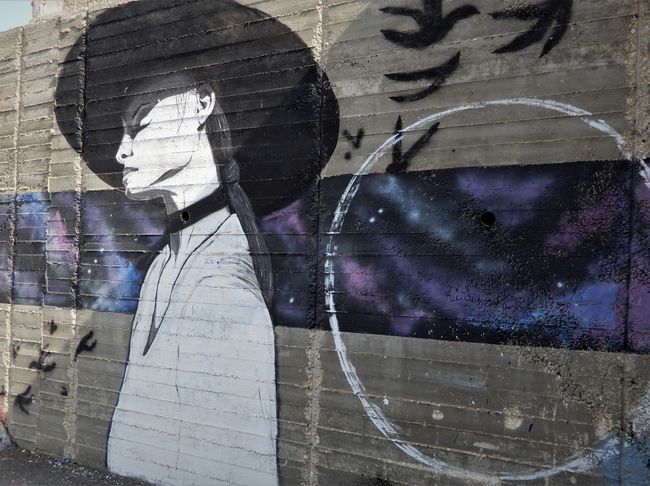
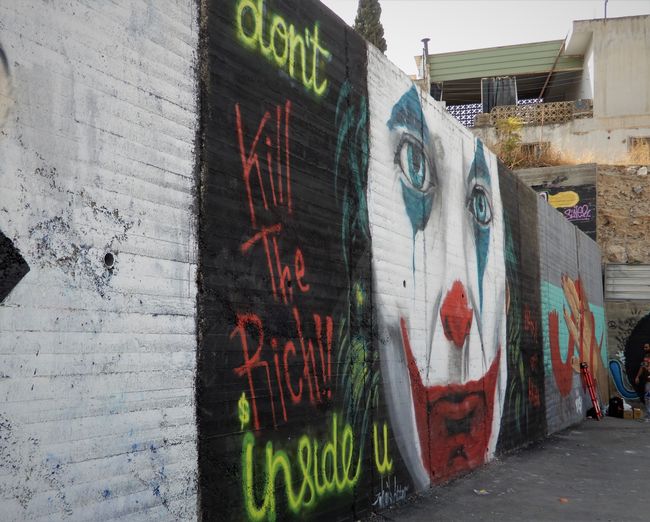
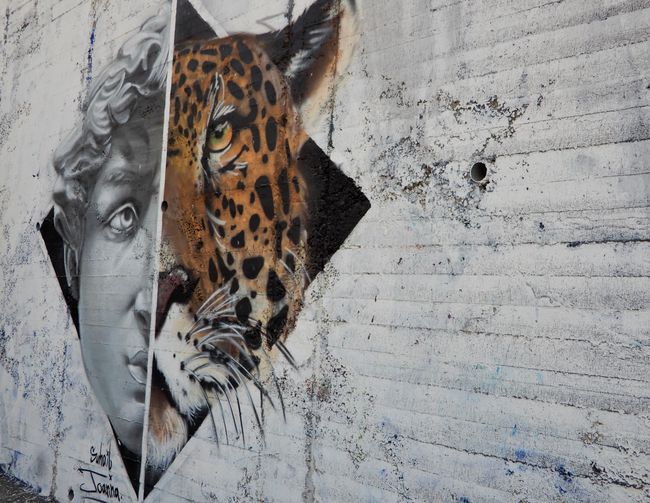
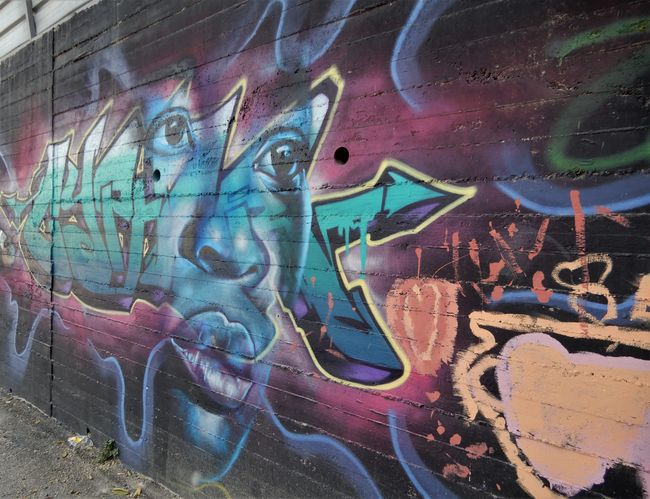
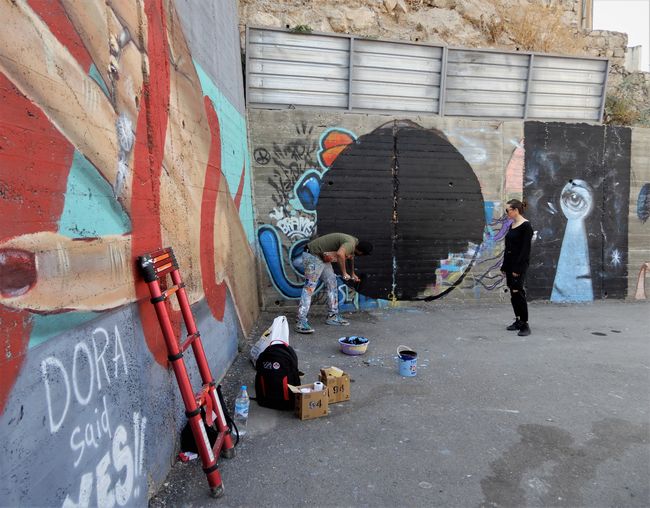
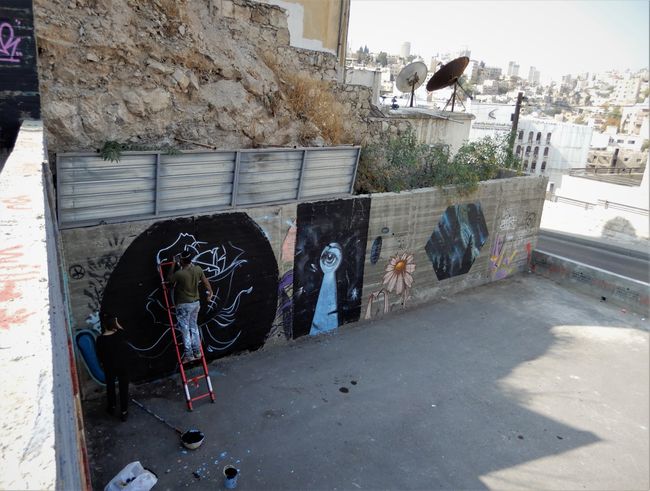
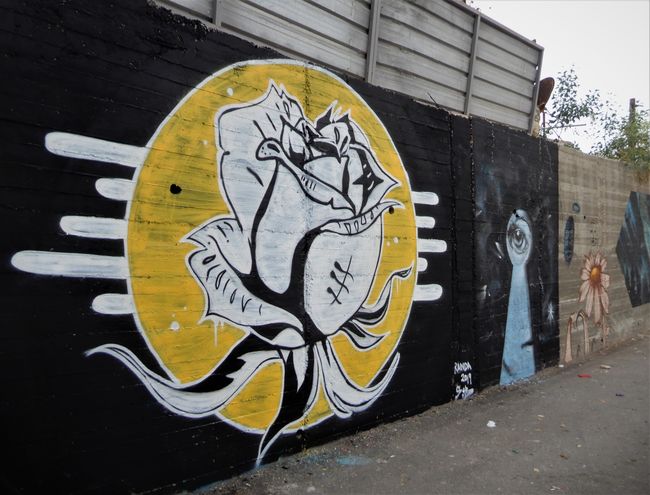
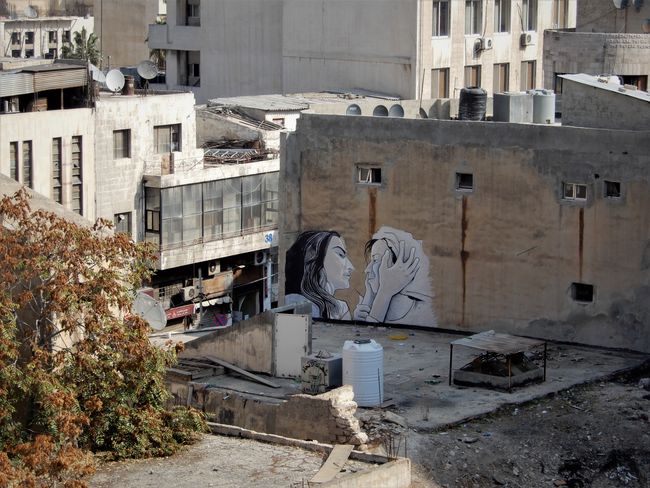
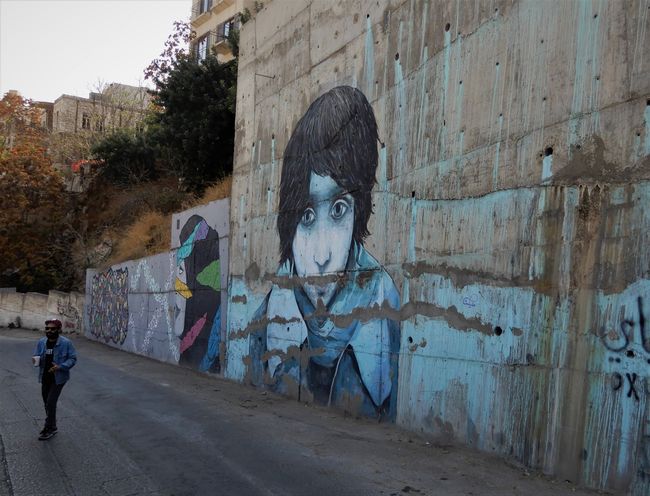
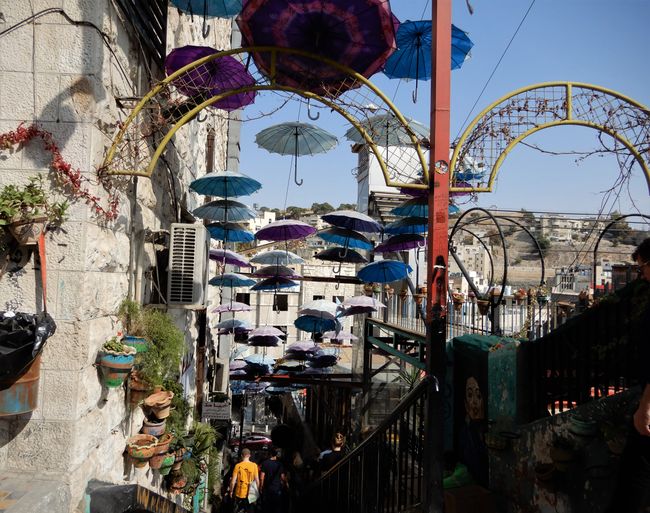
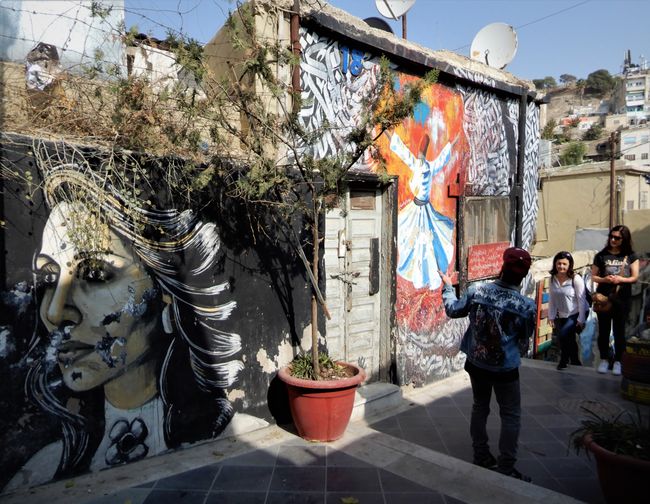
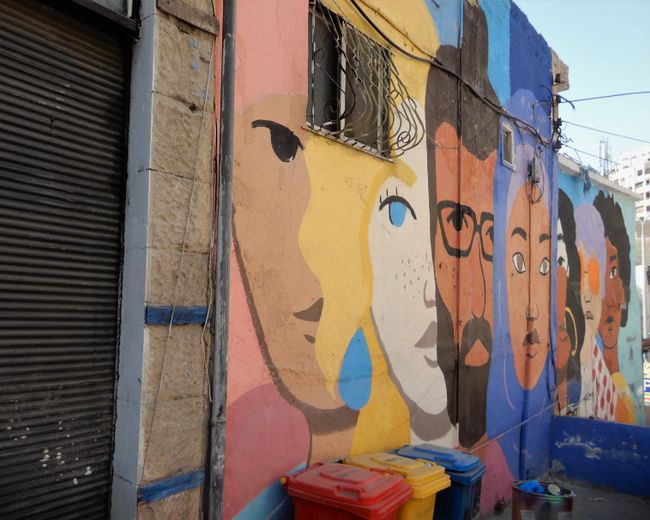
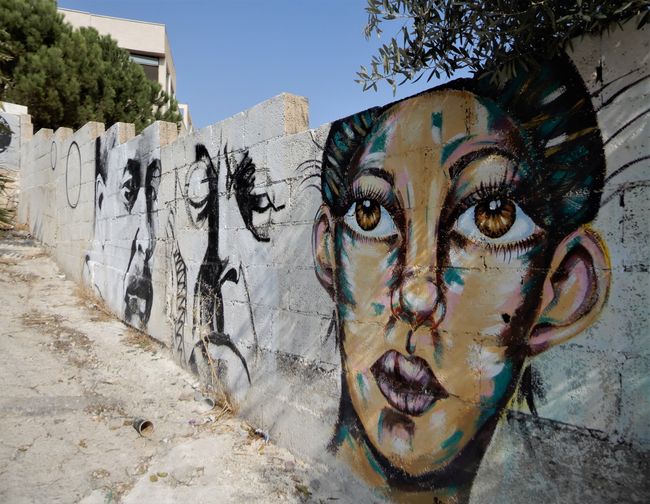
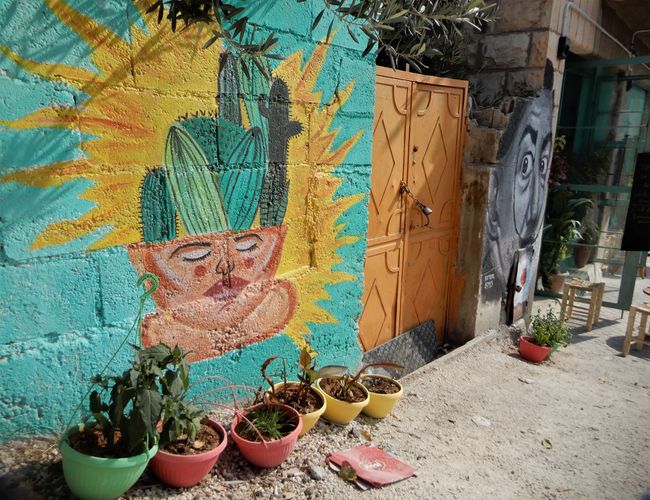
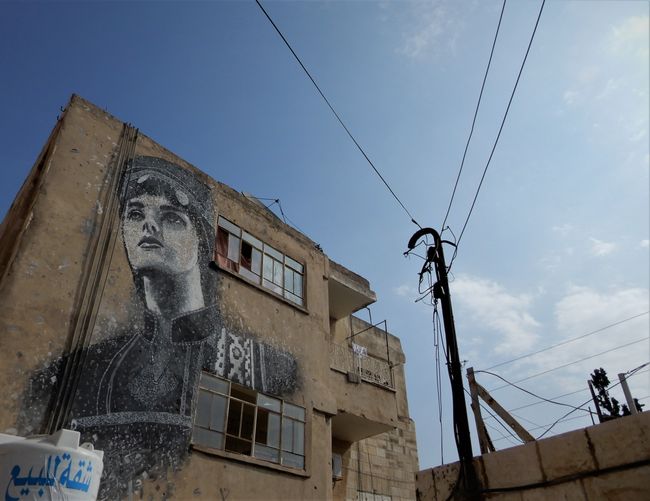
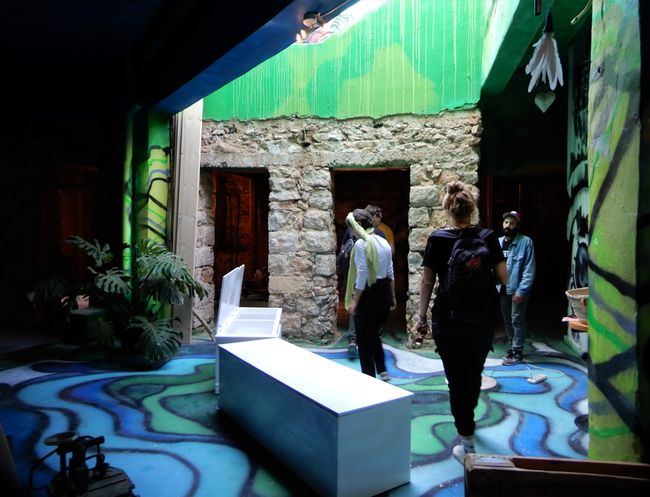
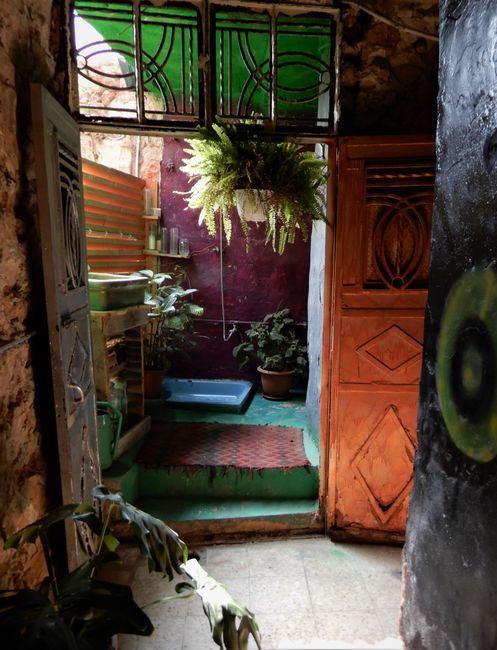
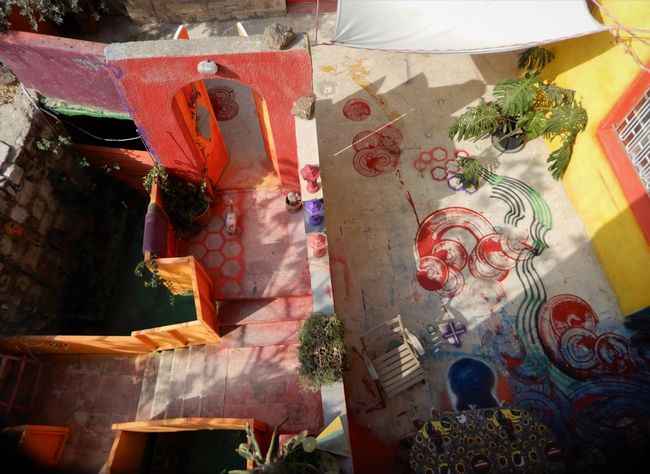
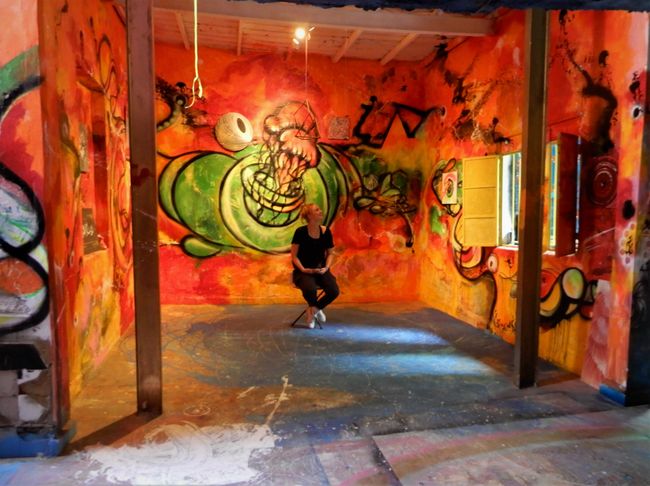
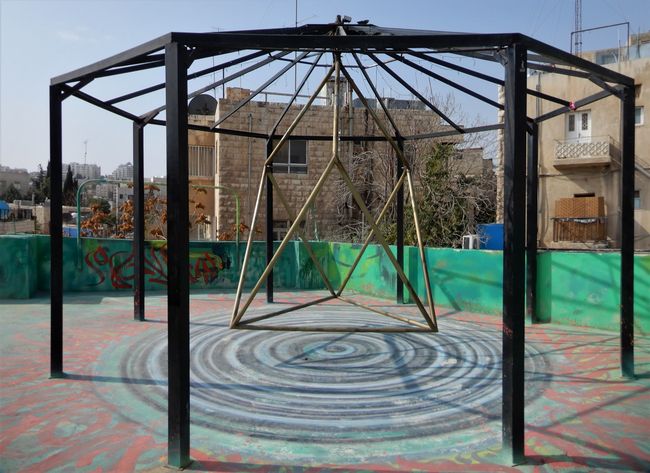
समाचारपत्रस्य सदस्यतां गृहाण
Friday, November 15th
7:30 am. It feels good to have jogging back in my morning routine. Afterwards, I have breakfast with Lea and Rebecca for the first time in a long time. This has been neglected way too much in the past stressful weeks. At 10 o'clock, we make our way to Rainbow Street. Lea has found out on Facebook that guided tours of Amman take place every Sunday and Friday, where you can learn more about the graffiti art and scene of Amman, 'Underground Amman'. And today, on our sunny day off, is the perfect time for it. On the way, we pick up Ibrahim and then join the rest of the group at Al-Quds, Amman's most famous falafel joint, on Rainbow Street. We are about 20 people, the largest group that Ala'din, our guide, has had so far.
We start walking through streets that we already know mostly from our daily routes to university. However, none of us have paid much attention to the numerous graffiti, some of which are very obvious and some are a bit hidden, that can be seen everywhere here. Ala'din explains to us that all graffiti artists here in Amman have their own style and handwriting. The trademark of the artist Saradin, for example, is small origami boats, and his graffiti often deal with Amman's water problem. Yaratun, another artist, often sprays childish motifs. In general, the graffiti here in Amman convey various messages: partly critical of society, partly expressing the personal feelings of the artists, both positive and negative, and partly celebrating the local culture in a traditional and modern way.
We have noticed one motif several times when we have spent the breaks between lectures near our university. It is the heads of two women, one of whom wears a hijab, who are very close to each other. Ala'din tells us that the face of one of the women deliberately appears somewhat younger to leave room for interpretation: it could be a mother with her daughter, but it could also be a same-sex couple. It is no coincidence that this image is placed on a high wall so that it is not easily destroyed. The artist is also unknown - it would be too dangerous to reveal the identity with such a sensitive topic.
When we arrive at the parking lot of our university, which is surrounded by beautiful, colorful graffiti, we see that at the end of the parking lot, two people are working on a wall. 'Guys, you are so lucky!', says Ala'din. It's Souhaib, Amman's most famous street artist, together with Randa, another well-known graffiti artist, who are currently renovating a section of the parking lot wall. To loud hip-hop music booming from a large speaker box, and with good spirits, the two are spraying lively lines on the wall. I wouldn't mind watching the two for the rest of the day, but our tour is now taking us to Weibdeh.
... along familiar streets: up the stairs, past Jadal (the Cultural Café), the cute cafes and shops above Jadal, along the street I always walk along when I visit Sophia. From the other side of the city, we can now see the parking lot, where Souhaib's and Randa's artwork is taking shape more and more. On the way, Ala'din gives us some personal information about himself. He has been active in Amman's hip-hop scene as a dancer for a few years. He tells us how he had to convince his conservative family to leave behind his career as a mechanical engineer for his hip-hop passion. Now his parents support him, he says with a smile, and hope that one day he can exert his influence in the Ministry of Art.
We end our tour at the House of Dreaming, an open space for artists, musicians, and all people who want to express their creativity or passion in some way. The exterior and interior walls are very colorful and artistically designed, and you can find various art installations in the open spaces. There are a variety of free workshops and events held here. We gather on the cozy pallet seating area on the rooftop terrace for coffee and tea, and Ala'din tells us again that the hip-hop scene here in Amman mainly celebrates the positive aspects of life and wants to leave behind all the pain and frustration of the difficult political situations in the Arab countries. A friend of his, who is also a dancer, joins us and agrees with him. 'We've been bleeding enough. Let's fight them with love.'
After the really nice and interesting tour, I go to lunch with Lea and Ibrahim at a traditional Jordanian restaurant in Jabal Amman, and then I make my way to Jadal, where I spend the afternoon studying. I chat with Adam, who is from Iraq and is currently volunteering at Jadal. He is also active as a music producer and artist, and he is showing me some of his artworks that are hanging in the interiors of Jadal when another member of the Jadal staff brings my laptop and backpack from outside into the sheltered interior: it has started pouring rain out of nowhere. Really pouring.
So I spend the rest of the afternoon listening to the rain in the sheltered area and then head home in the evening. It may not be raining anymore, but the temperatures have dropped significantly. Winter in Amman is mostly very wet, as we have been told. So now that the rainy season is starting, maybe I should get a rain jacket at the Friday Market after all.
समाचारपत्रस्य सदस्यतां गृहाण
उत्तरम्
